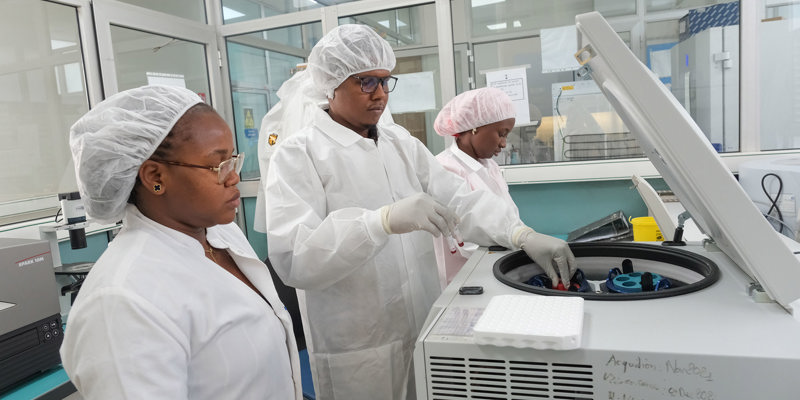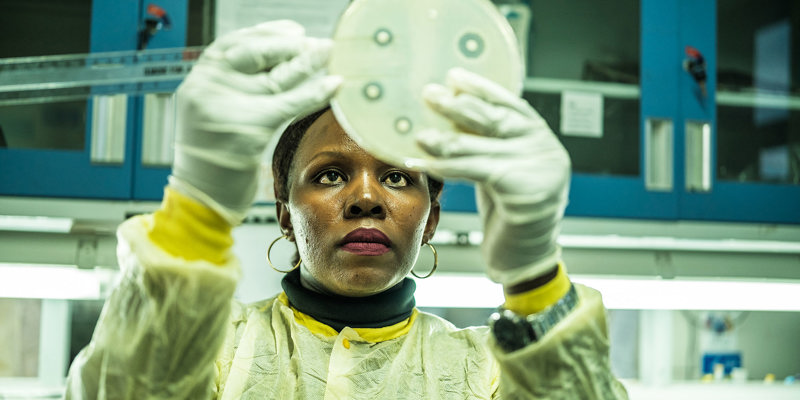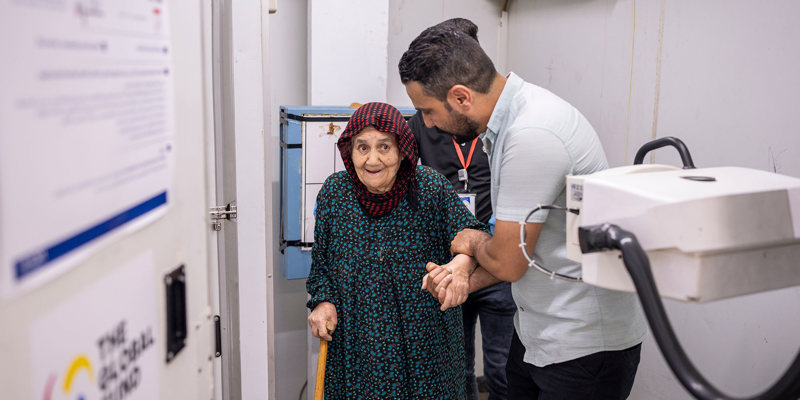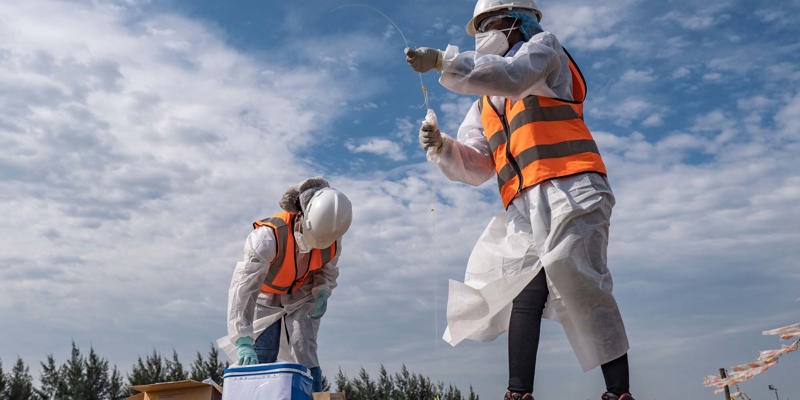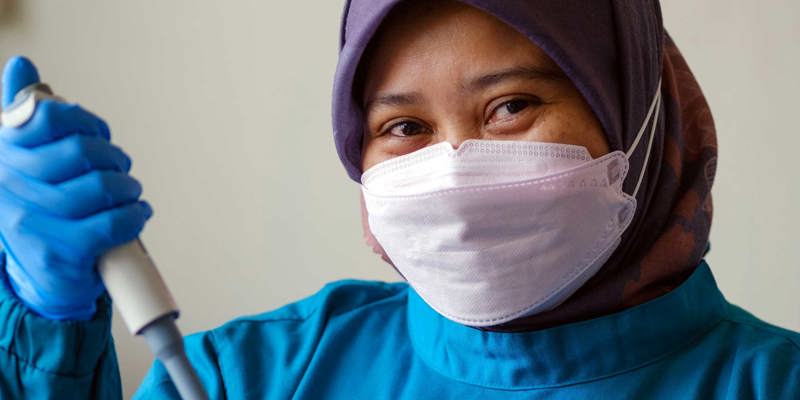The Challenge
Accessible and effective laboratory and diagnostic services are essential to primary health care worldwide. In low- and middle-income countries, where the burden of infectious disease is disproportionately high, strong laboratory systems are particularly important. In countries across Africa, Asia and Latin America, limited diagnostic capacity can put people at greater risk of untreated illnesses or misdiagnosis – which leads to poor treatment outcomes and fuels drug resistance – and preventable death.
Fully equipped and functioning laboratory systems allow health workers to track antimicrobial resistance, identify emerging disease threats and detect outbreaks early. This bolsters the capacity of countries to find patients and link them to timely treatment, while also strengthening global health security. During infectious disease outbreaks, such as COVID-19, Ebola or mpox, resilient laboratory systems support the rapid identification and containment of these threats, helping to reduce their impact on communities and the economy.
Investing in laboratories is a cost-effective way to make high-quality health care more accessible, make health systems more resilient, advance progress toward universal health coverage, accelerate gains against HIV, TB and malaria and safeguard against future health threats.









